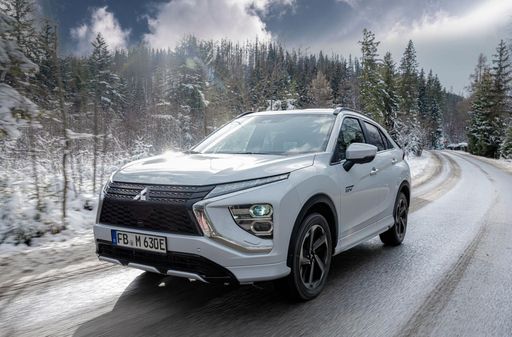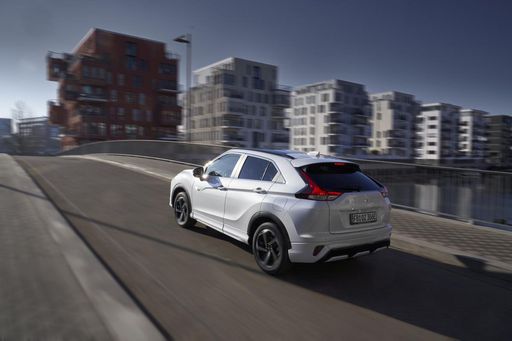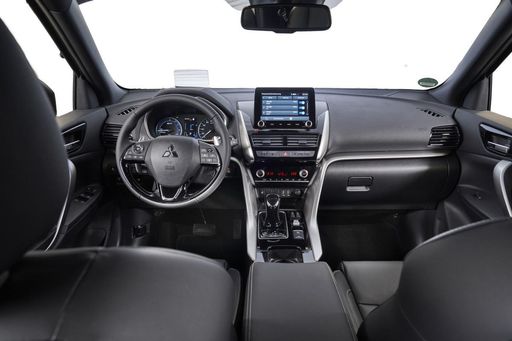Stylish Duel: Mitsubishi Eclipse Cross vs Toyota C-HR
In the world of compact SUVs, the Mitsubishi Eclipse Cross and Toyota C-HR are reputable contenders, offering style, efficiency, and performance. Both models are engineered to meet modern demands, boasting hybrid technologies that merge performance with environmental consciousness. Let’s dive deeper into the specifics to see how these two models fare against each other.








